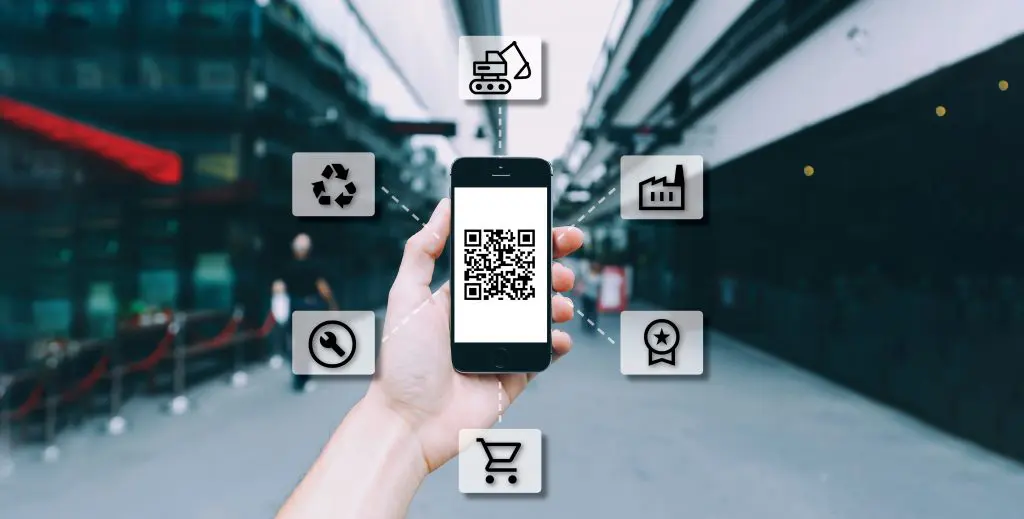
Earlier this year, the EU proposed a digital product passport that is supposed to be a solution that strengthens a circular economy and sustainable production. The digital product passport must basically contain all relevant information for a product such as deliveries and manufacturing. This is so that consumers can make better choices based on a sustainability perspective. The passport must also be able to be continuously updated with new information throughout its lifetime. Currently, the focus is on introducing this pass for products in textiles and consumer electronics, among other things. Going forward, this will likely be extended to other very important value chains such as food.
One of the early challenges that, among others, Svenskt Näringsliv has identified is the complex collection of information for small and medium-sized enterprises, while at the same time being able to maintain their competitiveness. Today, many companies use paper and pencil to keep records within their operations, which makes it difficult to collect this information. Shifting to digitalization of their production flow and supply chain would be a huge advantage and preparation for conversion to meet the demands of digital product passports.
This digitization of flow and production information is something that our system at FCB has had as a cornerstone since day one! Facilitating administrative work while strengthening traceability throughout the chain saves both money and working time, while maintaining competitiveness. We work based on global standards such as GS1 so that the system can receive and pass on relevant information in the production chain between parties all over the world without having to rebuild the system or rearrange its production to meet these requirements. This leads to SMEs getting more opportunities to enter the market and also increases their competitiveness.
FCB’s customers will be well equipped for the demand for digital product passports!
